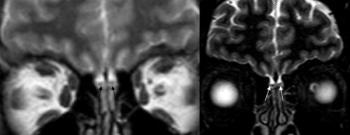
Images similar to those found in patients with anosmia associated with other types of coronavirus infections.

Images similar to those found in patients with anosmia associated with other types of coronavirus infections.
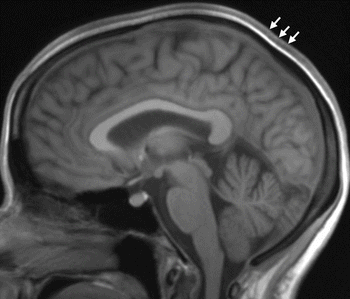
Astronauts experience a sustained increase in brain volume and other impacts.
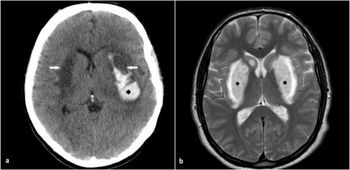
CT and MRI scans show neurological impacts.
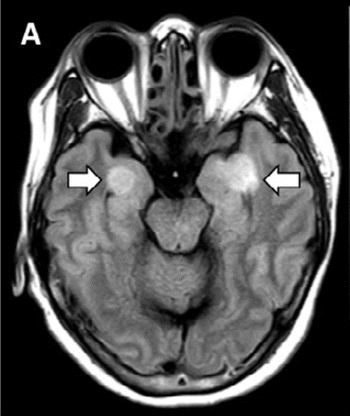
Case of acute necrotizing encephalopathy could be first of many.
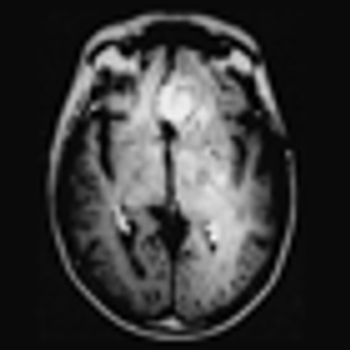
Using MRI can identify which patients can benefit most from the blood test.
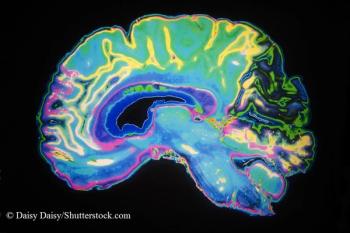
New MRI technique reveals iron accumulations that could lead to Parkinson’s dementia prediction.
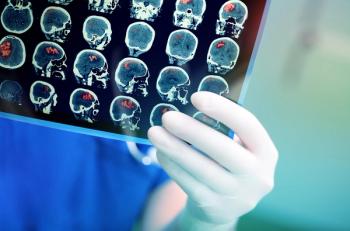
Bedside MRI could offer stroke patients a safer alternative to conventional MRI.
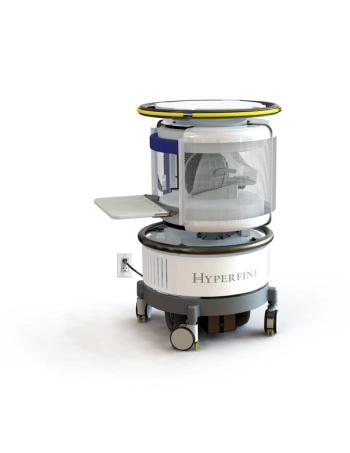
Hyperfine’s portable MRI aimed at increasing imaging access and reducing cost.

American Headache Society published recommendations for when neuroimaging is most beneficial
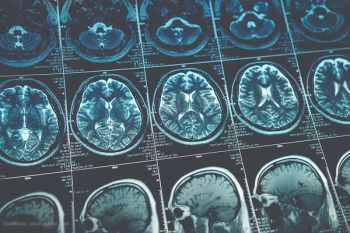
Images dispute belief that African Americans are less sensitive to pain than other ethnicities.
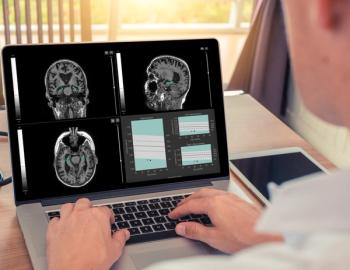
Imaging software allows automated quantification of markers for early diagnosis and clinical monitoring.

Five-sequence ultra-fast MRI protocol provides equivalent diagnosis to head CT with acute neurological emergencies in less than five minutes.

Brain scans reveal link between strength of inhibition control and early binge drinking behavior.

From the efficacy of AI as a cyberweapon to MRI for diagnosing strokes, the latest radiology news and studies you need to know.

From updated mammography screening guidelines to a link between obesity and brain structure, these are the studies and news you need to know.

Prediction occurred an average of 75.8 months before final diagnosis.

Several lesion patterns were significantly associated with poor long-term neurocognitive and psychiatric outcomes.
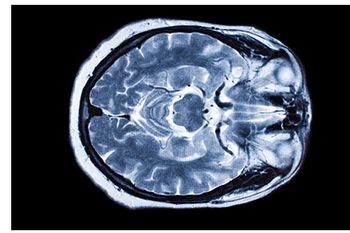
Imaging the brain for iron levels may help predict disability in MS patients.

mcDESPOT magnetic resonance imaging shows changes in the myelin following mild traumatic brain injury.

Diffusion-weighted imaging after carbon monoxide poisoning may help physicians identify patients at risk for delayed neurological sequelae.

Magnetic resonance imaging shows brain pattern alterations among pre-school children with autism spectrum disorder.

DTI to monitor patients with brain metastases may help physicians determine prognosis and response to immunotherapy.

Imaging helps identify ADHD in children and may also distinguish among subtypes of the condition.
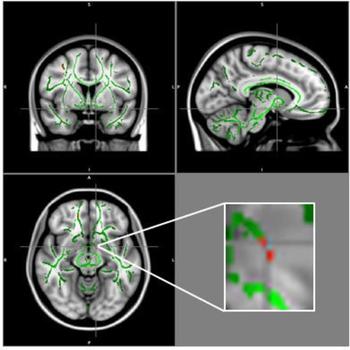
Magnetic resonance images show brain changes among adolescents who are obese.
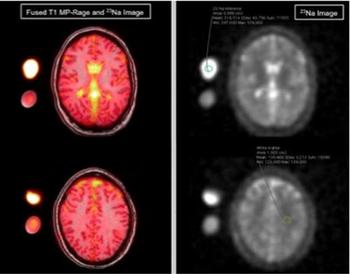
Researchers used MRI to detect higher levels of sodium in the CSF of patients who have migraines.